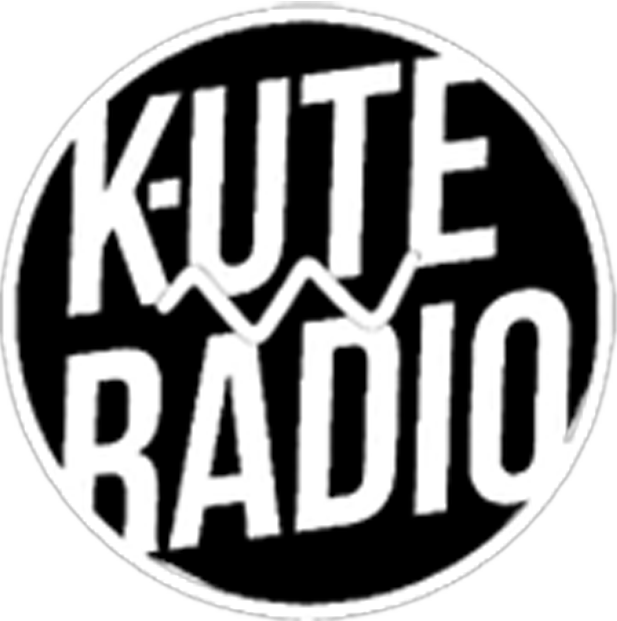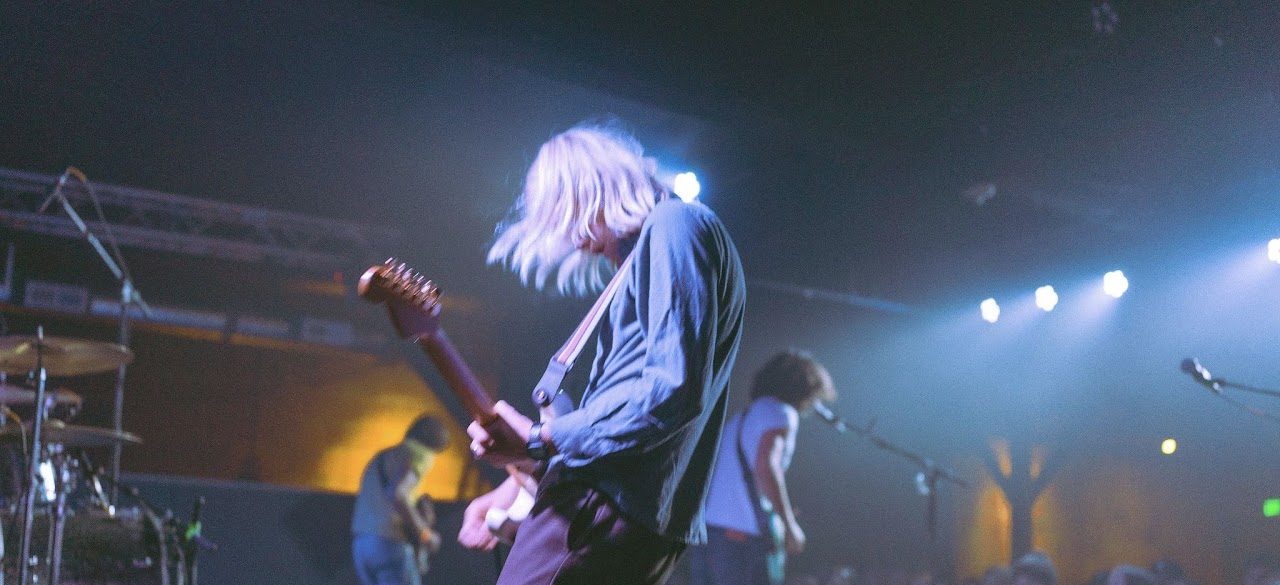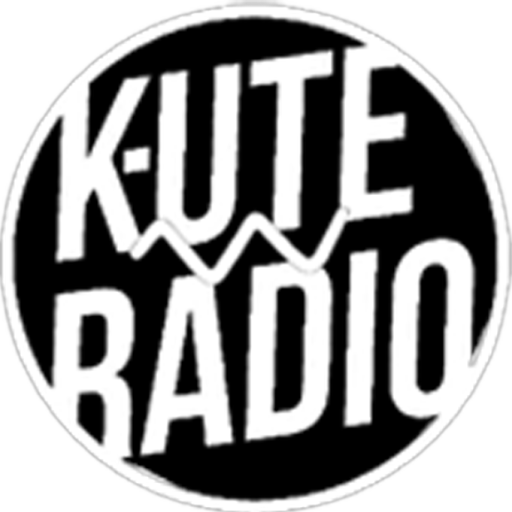Chappell Roan is making waves in the LGBTQ+ community with her rising success. Roan’s debut album, “The Rise and Fall of a Midwest Princess”, released in 2023, shot her into the spotlight as queer superstar, one whose queerness is inextricably tied to her onstage persona, music and success.
Her album is a mix of 80s-inspired pop, drag, country and unapologetic self-expression. In many ways, Roan’s rise echoes the legacy of Freddie Mercury, the legendary frontman of Queen. Freddie Mercury’s impact on the LGBTQ+ community is unquestionable. Being a rockstar allowed Mercury to push the boundaries of gender. Although Mercury was more private about his sexuality during his lifetime, his well-known stage presence, powerful voice and genre-changing artistry made him an icon of queer expression. Mercury very confidently expressed his femininity. Mercury would perform with painted nails and fur coats, which, for the time, was groundbreaking. He paved the way for self-expression.
How Mercury’s influence marked the path for Roan
All of this being said, Mercury never officially came out, but he never hid his sexuality either. What makes Chappell Roan’s emergence in today’s music landscape especially significant is how open she is about her identity. Unlike Mercury, whose queerness was often discussed in hushed tones or speculated about by the press, Roan discusses being lesbian very openly. Songs like “Pink Pony Club” and “Casual” explore queer love without apology. Her lyrics speak directly to a new generation of queer youth who want visibility and authenticity.
Her recent appearance at major festivals, such as Lollapalooza, only solidifies her growing mainstream recognition. Roan’s 2024 performance at Lollapalooza drew an unprecedentedly large daytime crowd, which led organizers to move her set to the main stage. This crowd broke Lollapalooza records. Roan’s claim to fame is clearly just beginning.
Despite performing in different eras and genres, Chappell Roan and Freddie Mercury share striking similarities in the way they command the stage and challenge norms. Both have used fashion, makeup and theatrical flair to blur gender lines and celebrate individuality. They draw from a mix of genres to create something entirely their own. Mercury blends opera and rock, Roan mixes synthpop with drag. Their voices are not just instruments but powerful tools for storytelling and emotion.
Most importantly, both artists have created spaces where queer audiences feel seen. While it’s too soon to say whether Roan will have the decades-spanning influence of Mercury, the cultural tides have shifted. We will have to see what Chappell Roan’s future holds and if she continues to produce more great hits. But as of right now, I think Freddie Mercury would LOVE Chappell Roan.





